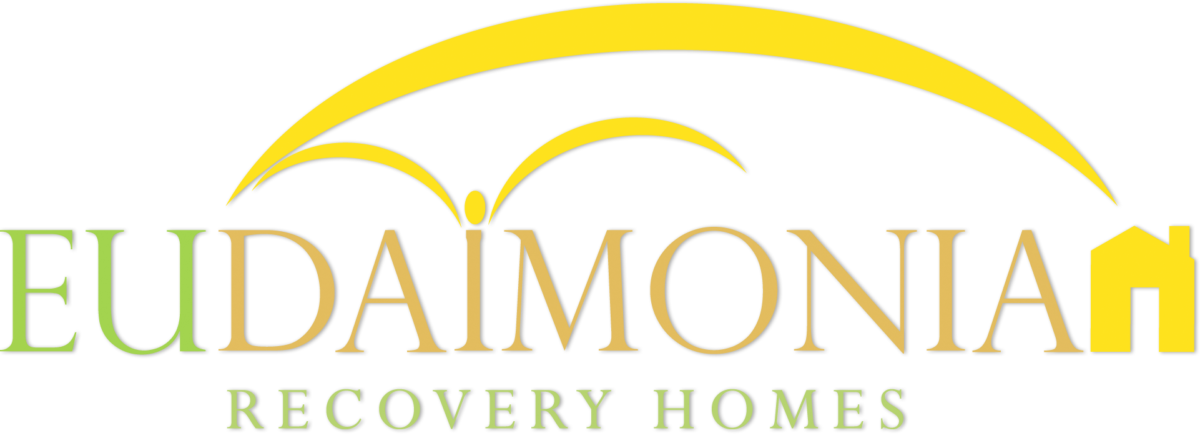Unlike other chronic health conditions and diseases, people who suffer from addiction are often blamed for it. No one sets out to become addicted, but negative beliefs and attitudes about people with substance abuse disorders can create barriers like shame and fear that can keep people from getting help and living a fully sober and satisfying life.
What is the Stigma of Addiction?
Addiction stigma is a stereotype that assumes negative things about people who struggle with substance abuse issues.1 These negative attitudes and behaviors often contribute to the problem by ultimately defining the person by their illness instead of offering support, speaking respectfully, and taking the time to understand the disease of addiction.
This stigma stems from a misunderstanding and lack of education about addiction and what the recovery process looks like. Although addiction has been nationally identified as a chronic brain disease and it affects people of all ages, backgrounds, and socioeconomic status, many people still reject the idea that it is a disease and that it can be medically treated.
Addiction stigma is a public health issue that has persisted for decades and people with substance use disorders often internalize this stigma. Unfortunately, this creates a lot of shame, fear, and guilt. Instead of asking for help, they often feel alone and ashamed and are uncomfortable talking to anyone about their issues out of fear of being judged. Although it is entirely possible for people to fully recover from addiction, many people don’t because they never seek treatment.
3 Reasons Addiction is Stigmatized
Addiction stigma is a complex issue and several factors influence the negative stereotype that is associated with people who suffer from substance use disorders. Here are three of the main reasons addiction is stigmatized in today’s society.
1. High rates of relapse
Quitting drugs or alcohol should be as easy as just stopping, right? Unfortunately, that’s not the way it works. There are many different genetic and environmental factors that contribute to a person’s addiction. These factors can make it very difficult (if not impossible) for a person to stop without help.
Additionally, addiction is similar to other chronic medical illnesses, in that if a person stops following a medical treatment plan, he or she is much more likely to relapse. Research shows about 40 to 60 percent of people who receive treatment for substance use disorders will relapse, but this doesn’t mean that treatment or the individual themselves has failed. Instead, relapse is an indication that the person’s treatment needs to be resumed, modified, or changed to more adequately meet his or her needs.2
2. Criminal behavior
Due to the side effects of chronic drug abuse, many negative behaviors are associated with substance abuse, and understandably so. Illegal drug use is often associated with immoral behavior and criminal activity like prostitution, theft, violence, and drug trafficking.3
Although the initial choice to misuse a drug is one that an individual can control, addiction changes the way the brain works, produces psychological and physical cravings, and causes compulsive drug use. As a result, people who suffer from addiction may behave in ways they otherwise wouldn’t.
The negative stigma of addiction and its connection to criminal behavior doesn’t just disappear once a person recovers, either. Often, the reintegration process can be very difficult for people in recovery and things like finding a job or securing a safe and sober living situation can be major challenges that jeopardize long-term sobriety.
Functioning with undiagnosed co-occurring disorders can also contribute to criminal behavior or other behaviors that are not socially accepted.
3. The words we use to talk about addiction
Many terms that are used to refer to people with substance use disorders or to describe addiction itself harbor negative connotations and define a person based on his or her substance use disorder. Instead of defaulting to this type of language, the Office of National Drug Control Policy recommends using non-judgmental, neutral terms to talk about addiction can reduce the stigma associated with it.4 Examples include using the terms:
- “person with a substance use disorder” instead of “addict”
- “person with alcohol use disorder” instead of “alcoholic”
- “abstinent” instead of “clean”
- “substance use disorder” instead of “drug habit”
- “medication-assisted treatment” instead of “opioid replacement”
Effects of Addiction Stigma
Addiction stigma has widespread negative effects for all those who are affected by substance use disorders. According to the National Alliance on Mental Illness (NAMI), people who suffer from addiction may be:
- Alienated and viewed as outcasts or “lesser than”
- Viewed as irresponsible
- Perceived as dangerous
- Less likely to be hired
- More likely to have difficulties receiving adequate healthcare
- Less likely to have safe housing
- More likely to experience feelings of depression and anxiety
- More likely to have fewer opportunities due to a personal fear of rejection5,6
Additionally, several studies confirm that stigma is one of the main reasons people avoid getting treatment for addiction. Often an individual may be scared of what friends or loved ones will think of them, they buy into the belief that they are a failure or a bad person, or they may fear the blowback from employers or clients. The negative effects of addiction stigma also contribute to high relapse rates in recovery, especially when a person lacks the proper support they need to stay sober.
How to Reduce the Stigma of Addiction
Although addiction stigma continues to be a widespread problem in America and elsewhere, there are several ways we can combat it. Here are a few of the major ways you can help reduce the stigma of addiction.
- Educate yourself on the disease of addiction and the recovery process.
- Challenge misconceptions about addiction and recovery.
- Use respectful language and avoid stigmatizing labels like “addict.”
- Offer your support if you think someone is struggling and remind them that they are not alone.
- Support local and national organizations that seek to banish stigmatizing language, behaviors, and attitudes regarding addiction.
If you are one of the many people who have been affected by addiction stigma and you’re struggling to get treatment for your substance use disorder, don’t hesitate to reach out. Call Eudaimonia Recovery Homes today for more information about addiction treatment services and recovery support.
References:
- https://www.nami.org/stigmafree
- https://www.drugabuse.gov/publications/drugs-brains-behavior-science-addiction/treatment-recovery
- https://www.bjs.gov/content/pub/pdf/DRRC.PDF
- https://www.whitehouse.gov/sites/whitehouse.gov/files/images/Memo%20-%20Changing%20Federal%20Terminology%20Regrading%20Substance%20Use%20and%20Substance%20Use%20Disorders.pdf
- https://www.nami.org/StigmaFree-Me
- https://www.recoveryanswers.org/research-post/the-real-stigma-of-substance-use-disorders/




